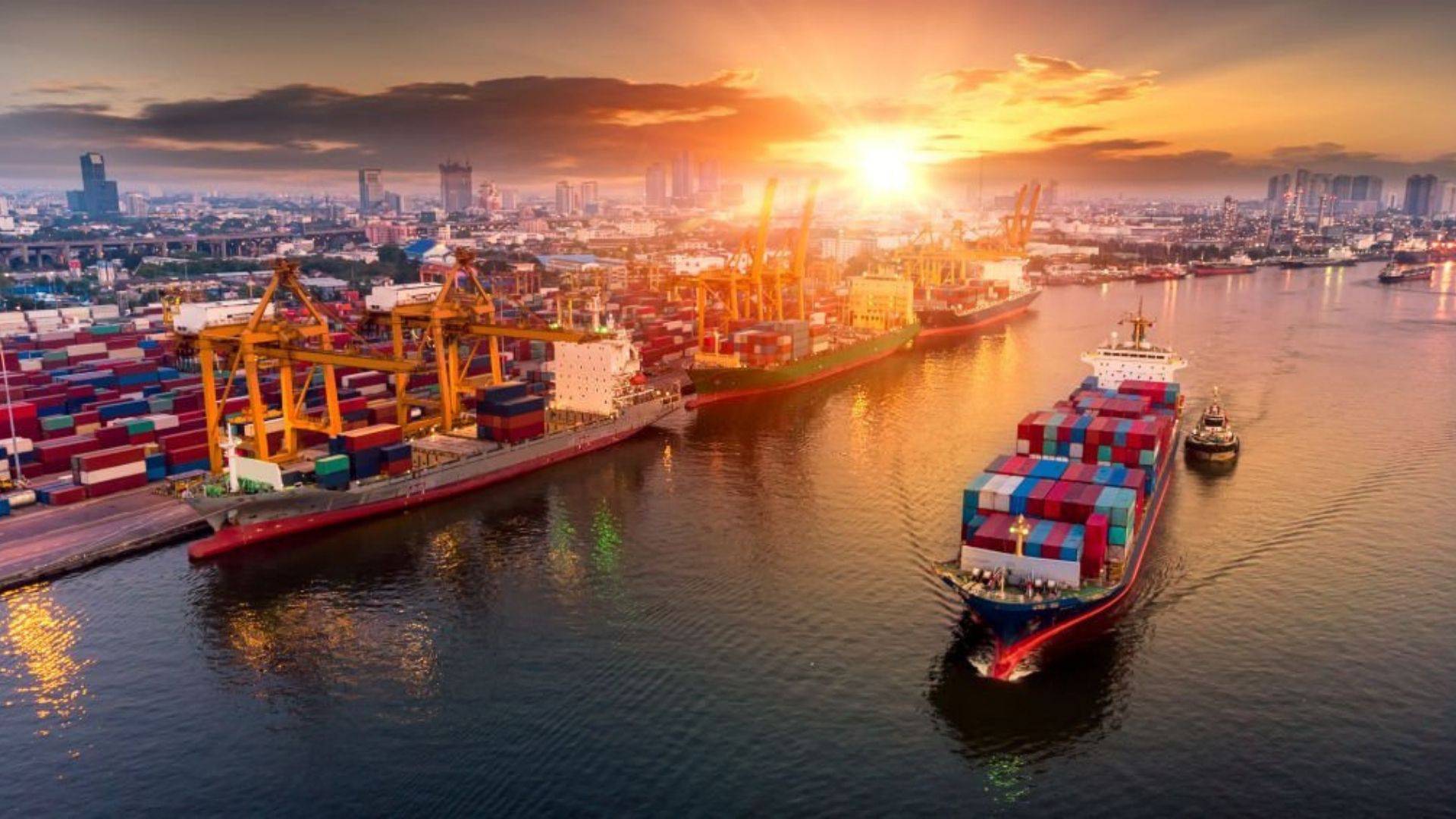What is a Non-Vessel Operating Common Carrier (NVOCC)?
n ocean carrier who performs all of the services of a carrier, but who does not own their own vessel(s). They operate by leasing or buying available space in containers and using their own House Bill of Lading to contract with customers.
An NVOCC is a transportation intermediary, similar to a Freight Forwarder, except that an NVOCC contracts directly with the shipper to transport containers but does not usually own warehouse space (as opposed to a freight forwarder, who acts as the shipper's agent to book the shipment for transport with a carrier, but will typically have access to their own warehouse space).
NVOCCs are not controlled or regulated, but they usually must register for a license in the country where they operate.

NVOCC vs. Freight Forwarder: Points of Distinction
- You must be a freight forwarder to be an NVOCC, but not all freight forwarders are NVOCCs.
- NVOCCs always arrange ocean transportation; freight forwarders may arrange ocean, air or inland transportation up to a specified point in the journey where the importer’s (or buyer’s) agent takes control of the movement of goods based on the Incoterms 2020 rule agreed upon by the seller and the buyer.
- NVOCCs are permitted to add a profit percentage onto their rates. Freight forwarders are only allowed to add operational fees.
- An NVOCC is an intermediary between the shipper and the vessel operator and issues their own bills of lading. A freight forwarder is an authorized agent acting on behalf of the shipper. For an additional fee, the freight forwarder will generate the required documents, file your electronic export information through the Automated Export System (AES) and provide other services.
- While both ocean freight forwarders and NVOCCs must obtain an Ocean Transportation Intermediary (OTI) license from the Federal Maritime Commission (FMC), the requirements for obtaining one are different for freight forwarders and NVOCCs.
When and How to Choose an NVOCC
So how do you decide if you should work with an NVOCC or a freight forwarder for your international shipment? Basically, it comes down to the level of service you need. If you know what you’re doing and only need to book passage on an ocean vessel, working directly with an NVOCC will probably save you money. A freight forwarder, on the other hand, will work with your company to identify the best route for your goods, negotiate the best rate for the shipment and provide additional services and advice that is usually well worth the additional expense.
As you grow your relationship with a freight forwarder, it’s important to periodically discuss your needs and evaluate their offerings to better understand what they do and the services they provide. If you eventually need an NVOCC, ask your freight forwarder for a recommendation. Or, consider whether it will be helpful to simply work with a company that combines the two.
The Bottom Line
Whether you’re working with a freight forwarder or an NVOCC that is part of a freight forwarding business, you can’t recuse yourself from your documentation and compliance responsibilities. Remember: You can outsource responsibility, but you can’t outsource liability.
Whether you do your own AES filing or a forwarder files for you, whether you’re doing a standard export or routed export transaction, you’re still responsible and ultimately liable for your shipments. Shipping Solutions export document software can help you make sure your paperwork is shipshape in every situation.


